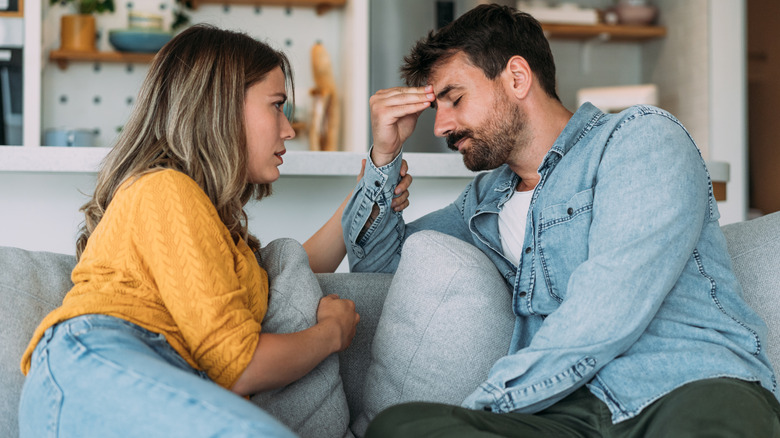How To Get More Comfortable Spending Money On Yourself
It can be uncomfortable spending money on yourself, especially if you're a woman who has been conditioned to view men as financial providers. Recently, the 2023 Global Gender Gap Report revealed that gender parity around the world will not be feasible for another century: 131 years to be exact. This is also due to the gender pay gap.
The report found that the U.S. struggles with economic participation and opportunity. Meaning, not only do women earn 82% of what men make, but they are also less likely to work in senior and manager positions. Because women earn less than men, feelings of guilt can arise when spending the money you earn on yourself. But we are here to remind you that you're worth it. Getting the salary you want and using that money on yourself is a form of self-care and we want you to get more comfortable doing just that.
Be unapologetic about your financial success
This may not come easy, but be proud of your own financial success. People socialized as women are taught to be modest, but we encourage you to be unapologetic about what you earn and about spending your own money on yourself. Unfortunately, because of gender norms, men tend to be taught more about finance than women. Research in Wiley's Journal of Consumer Affairs calls this phenomenon the "gender gap in financial literacy."
Spending your own money, particularly on yourself, can be empowering. Financial independence is a goal most of us strive towards. As money coach Laura Weston tells Glamour, financial independence ensures that "you always have a choice and options." Having this choice is empowering as you don't have to rely on anyone else to do the things you love.
Being unapologetic about your financial success doesn't mean spending all your money on things you don't need just for the sake of it. Don't go overboard. We're not encouraging excessive spending and you should always keep track of your spending and savings. However, feelings of guilt for earning money should not stand in the way of spending the money you do have on things you enjoy, because you deserve it.
Start small with spending
In order to ease into spending money on yourself and feel more comfortable, start small. For every paycheck you receive, purposely put money aside to spend on yourself. Prioritize setting a budget for your self-care spending. Maybe you want to treat yourself to a nice meal or buy yourself a nice item of clothing you always wanted to wear. Give yourself permission to spend your money on one thing each month. Look at it as a reward for your hard work if you feel too uncomfortable to simply spend money on yourself without a specific reason.
Once you get more comfortable, you can save up and make bigger purchases, like a holiday. Remember to always check your bank account and be careful not to go overboard with your spending. In a talk with Glamour, Laura Weston suggests dividing your money into different savings pots for bills, groceries, kids (if you have any), beauty, and treats (the money that you will spend on yourself).
Communicate openly about finances with your partner
Spending money on yourself can be uncomfortable if you have a partner who doesn't earn as much as you do — especially if they feel uneasy about you spending your own money if you are dating a man who is traditionally seen as the breadwinner. This is exactly why openly confronting financial issues with your partner and communicating honestly about money is key.
Remember that it is your money, so you don't have to feel pressure to merge finances, even if you're married. Your partner should not dictate how you spend your money. This behavior is not only controlling, but it may also make you feel less comfortable spending money on yourself. Ask your partner how they spend their money and find similarities that can make them understand your need for financial independence. Ultimately, no matter how your partner feels, you are allowed to spend money on yourself. If they cannot get on board with your financial independence, consider the future of the relationship.


